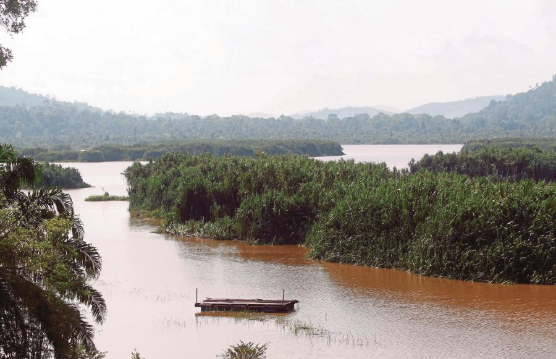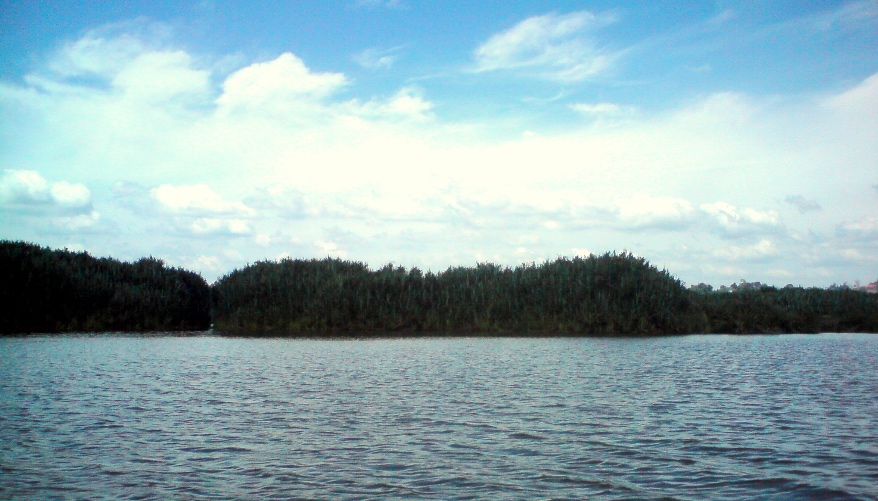Tasik Chini, the lake that serves as one of only two Malaysian UNESCO biosphere reserves, is potentially losing its prestigious status, according to Professor Dr Mushrifah Idris, who works for its research center.
The picturesque body of water is located on Malaysia’s east coast, in the Pekan district of Pahang state, and covers a space of 12,565-acres.
She alleges that unregulated land clearing and mining, without proper re-soiling of the area, are to blame.

While UNESCO status is not only bragging rights for our country’s incredible ecosystem — the classification also allows the research center to receive funds that are funneled back into the lake and the native communities that live nearby.
According to the Professor: “It is not easy to receive such recognition, and the blame game will begin if Tasik Chini is removed from the biosphere reserve list.”
In her eyes, unscrupulous mining practices without proper rehabilitation have caused for the lake to become overrun with mud. After an area is mined, the company is legally required to restore and cover the zone with earth. Also, the places where mining is taking place should be done with “buffer zones” between it and the natural habitat.

Local media outlet Berita Harian reported this week that Tasik Chini, Malaysia’s second-largest freshwater lake, was potentially on the UNESCO chopping block, having been flooded with soil runoff after every rain. Clear waters are now cloudy, and according to the good professor, her calls for attention and action from government agencies have gone unheard.
In her eyes, mining in and of itself is not the central issue; however, the haphazard manner in which it happens without regard for the biosphere, and the lack of proper land rehabilitation when they are done, are to blame. What is supposed to be green land is now barren soil.
Blogger Anil Netto wrote extensively about the issue back in 2017, saying that local native communities and those on the ground were concerned then that noticeable changes to the habitat were occurring.
Not only was the lake discolored, but those who live by its fruits also noticed that there were fewer fish, and less and less eco-tourists to the area. Netto reports that two years ago, an on ground source outlined that a dam built in the 2000s against the natives peoples wishes had a large part to play, diverting a nearby river’s flow, and ability to cleanse the waters — essentially making the water in the lake stagnant. Also citing plantations, logging and mining, natives notices that sewage and waste from a nearby training camp were also being funneled into their once-pristine lake.
The journalist included a map provided, showing the lake and causes to its natural state — catch it at the link.
Native settlements report that the fish are no longer suitable to eat, and children who bathe in the lake report “itchiness” upon exiting.
UNESCO carries out audits on their sites every ten years to make sure that they are holding true to their status. Representatives fly in, and very detailed reports are made. Tasik Chini will be visited between May and September this year.
Projects on this nature are required to set aside a rehabilitation fund for the environment. According to the report, one of the biggest questions that the Professor asks is “where are the funds being channeled to?” One thing is certain: They’re not trickling down to the lake.
Berita Harian writes that the lake’s opaque waters became painfully obvious last year, with the previous administration explaining that only two iron ore mines were authorized to operate, and no logging was allowed.
Dr Hedzri Adnan of Asian Public Intellectuals has said that the rapid and unmitigated changes at the lake could cause the ecosystem to collapse by 2030.





Reader Interactions